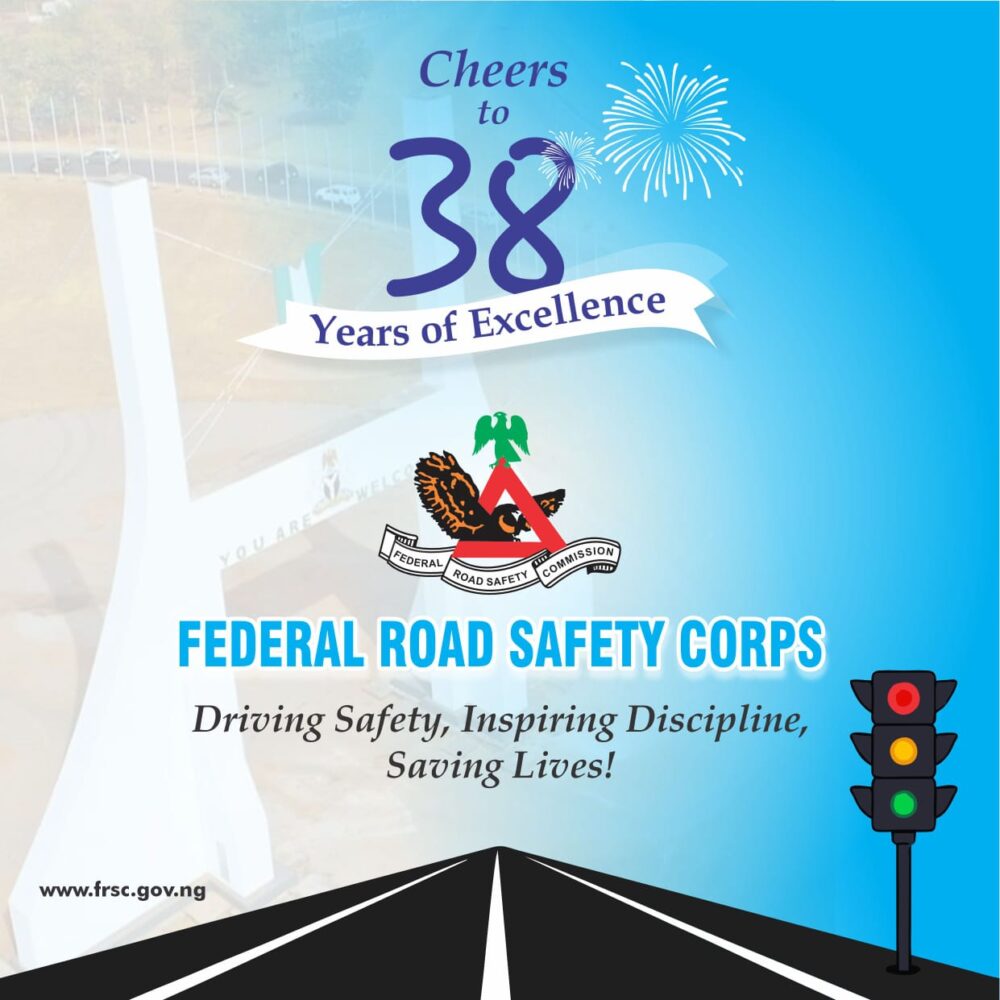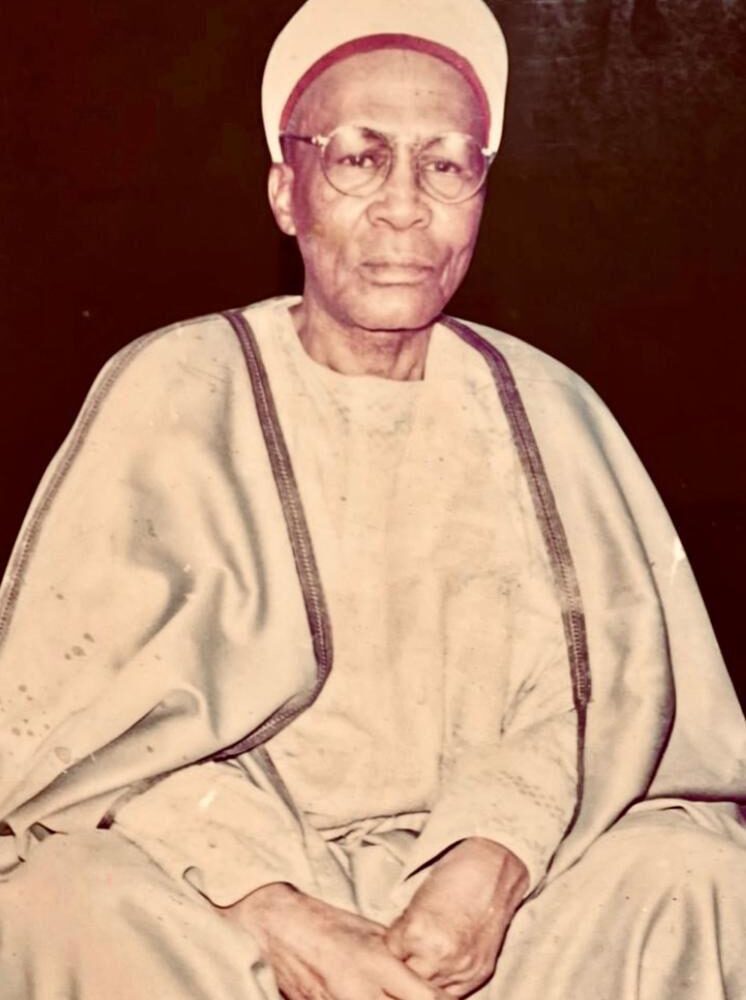Age and experience are invaluable; that is why they can’t be bought with money. To the Yoruba ethnic group where I am from (in South-West Nigeria), the wisdom that comes from age and experience is highly valued. It is often said, that “Bí ọmọdé bá láṣọ bí àgbà, kò lè ní àkísà bí àgbà” – meaning that “if a youngster has as much knowledge as an adult, he can’t have as much experience as the adult.” I will explain why I support this Yorùbá ideology in the coming paragraphs – and I won’t forget to explain their link with information disorder.
But before then, I must say that age and experience have a critical shortfall – and that is ‘caution.’ Age comes with experience, and experience comes with understanding limits and taking precautions. That explains why we are so adventurous as children, but lose our sense of adventure and drive as we age. That happens because, with age, we assess our thoughts for so long, we end up not taking a lot of actions on the basis of ‘what ifs’, ‘in case’ and ‘perhaps.’ That is why I am super excited about my postdoctoral fellowship with Dubawa. It has helped me to reinvent myself and to do things I thought were no longer possible due to my current lifestyle.
I learnt (while writing this) that Veteran Journalist, Dayo Duyile, is undergoing a Ph.D. programme in Mass Communication at the University of First Choice (UNILAG, of course). Greatest Akokites!!! He clocked 79 on October 10, 2021. This confirms that the best time to do anything that you’re passionate about is NOW! A lot of you have told me about how much you’re interested in fact-checking and all I am doing.
With the fellowship, a golden opportunity is here for you to better get a grasp of information disorder. Dubawa is hosting the Week of Truth across West Africa in the second week of November (2021). Nigerians (and other West Africans) will be trained about information disorder and encouraged to share this knowledge with young adults. Follow the events in the Week and you’ll be empowered.
Now, back to lessons, we can learn from the Yorùbá in the fight against information disorder. I’ll pick the lessons from one adage at a time.
“Bí ọmọdé bá láṣọ bí àgbà, kò lè ní àkísà bí àgbà” – meaning that “if a youngster has as much knowledge as an adult, he can’t have as much experience as the adult.” Information Communications Technology (ICTs) and social media have turned everyone (with a smartphone/laptop and internet connection) to citizen journalists. Such citizens are convinced that their abilities to write and share have qualified them as journalists. But even if they can write and share, they are not enlightened enough about the implications of their actions as are the trained and experienced journalists who are members of the Nigerian Guild of Editors (NGE) and the Nigerian Union of Journalists (NUJ). They are the elders here, and it is the responsibility of these bodies to ensure that they use their experience and insight to help in curbing the excesses of the ‘emergency journalists.’
This is due to another adage which says that “Oniyangi ma ba t’emi je, epo ni mo ru.” This literally means that “Anyone carrying palm oil should beware of the man carrying sharp sand.” In this context, it means “anyone in a delicate position should beware of the man who has nothing to lose.” The professional journalists and journalism institutions are the ones in a delicate position here; the emergency journalists’ are the ones with nothing to lose. So if they’re spreading disinformation and using disinformation to generate clicks, mainstream journalism shouldn’t join them because when politicians use the scourge of disinformation as an excuse to stifle the press, it is the mainstream media, and not the general bloggers and emergency journalists that will be worse hit.
Again, another Yorùbá adage says, “Akeregbe lo ma juwe ibi ti a maa fi okun si” – literally meaning that “It is the gourd that will give a clue as to where the rope will be placed.” But in this context, it means that it is the media professionals that will determine the way people will regard them and their craft. If we act as people that should be taken seriously, the government and media audiences will respect us. But if we keep churning out disinformation without regard for the profession and the harm that it does to the society, then we are literally telling the governments and the people to disregard the profession. It is, therefore, not surprising that the politicians and other people with sinister motives have latched on to the need to curb information disorder, a.k.a ‘fake news’ to justify recent moves to further stifle the media. It is media professionals and those in academia who haven’t stood up in the fight against information disorder that have emboldened them. And the situation will get worse if we do not see this as an emergency that requires all hands on deck to tackle.
I had the privilege of discussing this topic on one of my favourite television programmes; Journalists Hangout on Television Continental (TVC) on September 19, 2021, along with two journalists I respect so much; Mr. Babajide Otitoju and Mr. Simon Kolawole. At the end of the discussion, the consensus is that organisations like Dubawa have to keep highlighting the need for media practitioners to eschew information disorder, by empowering newsrooms and journalists to understand and stop the spread of information disorder as well as continue to endow researchers like me to study information disorder and enlighten the society about its various ramifications. While studies have confirmed that fact-checks and verifications done by organisations like Dubawa are significant in the fight against information disorder, that alone cannot stop the carnage. And what’s more, individual media organisations need to be more deliberate about curbing information disorder, as exemplified by Premium Times and The Cable News Nigeria. You can watch the programme here.
This will then lead me to the last Yorùbá adage that I will be referencing – “A kì í fi ọwọ́ kan pàtẹ́wọ́” which literally means that ‘We cannot clap with one hand.’ The reality is that verification and fact-checking organisations like Dubawa alone cannot eradicate information disorder. Media training institutions, journalism unions, education institutions from primary up to tertiary education level, pressure groups, the civil society, our religious organisations and even the government have to come together in this fight against information disorder, or we will lose. To end – what can you do, within your context, and your circle of influence, to curb information disorder today?
Wait – about my fact-checks – I was only able to squeeze out time to publish just two in August and I wasn’t happy about that, so I set a target of four in September and I was able to achieve it, YAY!
I hope you’ve been reading fact-checks on Dubawa. Trust me – it will insulate you from catching the information disorder bug – if we can call it that.





